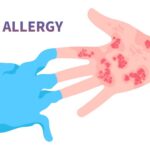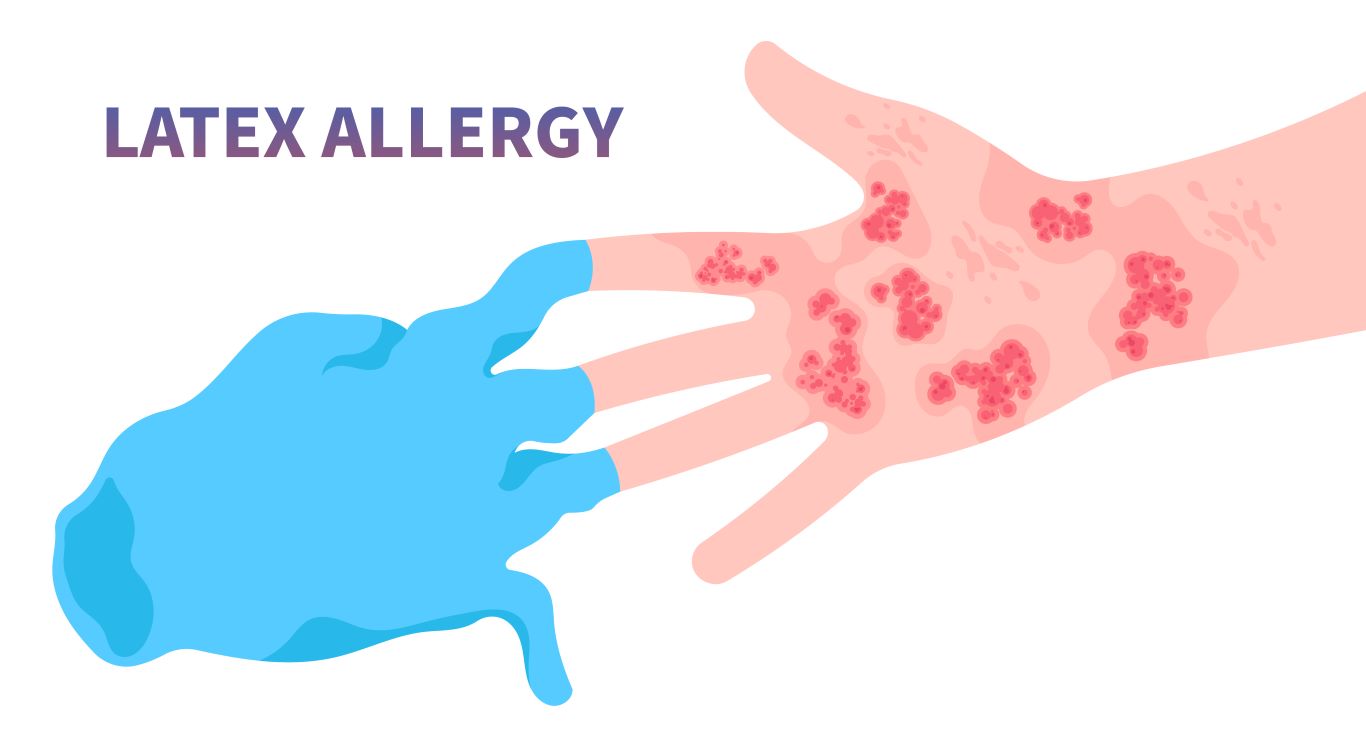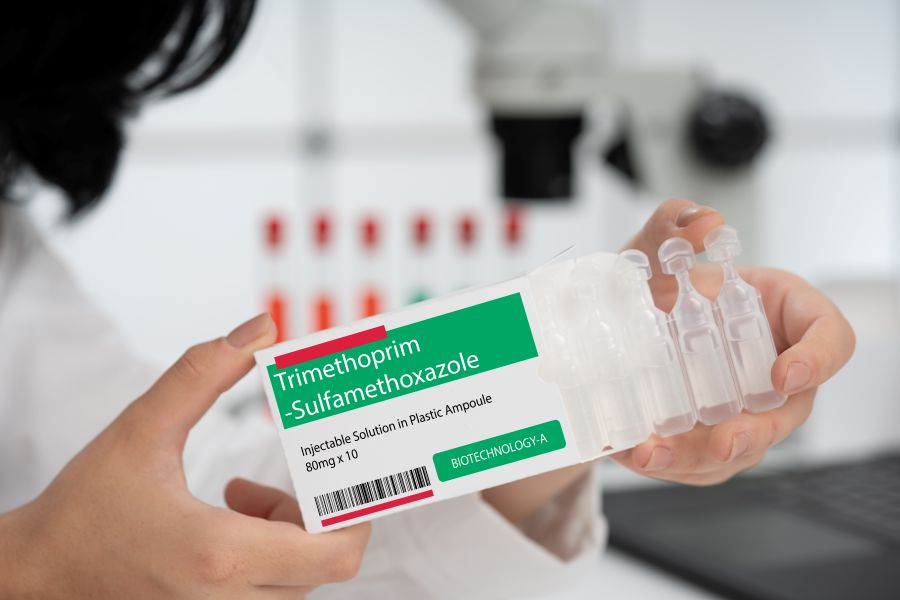
That heavy feeling, the persistent cough, the struggle to take a full, deep breath – chest congestion can turn a simple cold into a miserable experience. When mucus and fluids build up in your lungs and airways, it can leave you feeling bogged down and breathless. While sometimes a doctor’s visit is necessary, many effective strategies using home remedies and readily available over-the-counter (OTC) options can provide fast and much-needed relief.
This guide (updated for 2025) outlines what you need to know about effectively tackling chest congestion, distinguishing when to self-treat, and when to seek medical attention.
Understanding Chest Congestion
What Causes Chest Congestion? Chest congestion is typically a symptom of an underlying condition that causes excess mucus production in the respiratory system. Common culprits include:
- Common Cold and Flu: Viral infections are the most frequent cause, leading to inflammation and mucus buildup in the airways.
- Bronchitis: Inflammation of the bronchial tubes, often following a cold or flu.
- Allergies: Allergic reactions can trigger mucus production in the airways, contributing to congestion.
- Sinusitis: Post-nasal drip from inflamed sinuses can irritate the throat and lungs, leading to chest congestion.
- Environmental Irritants: Smoke, pollution, or chemical fumes can also irritate airways and cause mucus production.
The body produces mucus as a protective mechanism, but when it becomes thick and excessive, it can block airways, making breathing difficult and triggering a cough reflex to try and clear it.
Fast Relief: Home Remedies and Lifestyle Adjustments
Many effective strategies don’t require a trip to the pharmacy and can provide rapid relief:
- Hydration is Paramount: Drinking plenty of fluids—water, clear broths, herbal tea, or warm lemon water—is crucial. Adequate hydration thins mucus, making it easier for your body to expel through coughing. Aim for at least 8-10 glasses (about 2-2.5 liters) per day.
- Steam Inhalation: Warm, moist air is excellent for loosening phlegm.
- Steamy Shower: Spend 10-15 minutes in a hot, steamy shower, breathing deeply.
- Bowl of Hot Water: Carefully lean over a bowl of hot (not boiling) water with a towel draped over your head to trap the steam. Inhale the vapors for 5-10 minutes. Adding a few drops of eucalyptus or peppermint essential oil (if no allergies) can enhance the effect.
- Use a Humidifier: A cool-mist humidifier in your bedroom, especially overnight, helps keep the air moist, preventing airways from drying out and mucus from thickening.
- Warm Saltwater Gargle: While primarily for sore throats, gargling with warm salt water can soothe irritation and may help if post-nasal drip is contributing to your chest symptoms.
- Honey: A natural demulcent and cough suppressant. A tablespoon of honey (for adults and children over 1 year old) can coat the throat, reducing irritation and helping with coughs related to congestion.
- Elevate Your Head: When lying down, use extra pillows to elevate your head. This helps gravity drain mucus and can make breathing more comfortable, especially at night.
- Avoid Irritants: Stay away from cigarette smoke, strong perfumes, and other airborne irritants that can worsen congestion.
Over-the-Counter (OTC) Medications
If home remedies aren’t providing sufficient relief, OTC medications can offer targeted assistance:
- Expectorants (e.g., Guaifenesin – commonly found in Mucinex or Robitussin Chest Congestion): These medications work by thinning and loosening mucus in your airways, making your cough more productive and helping you clear phlegm more easily.
- Decongestants (e.g., Pseudoephedrine or Phenylephrine – found in Sudafed or many multi-symptom cold medicines): These can reduce swelling in nasal passages, which might indirectly help with chest congestion if it’s related to sinus drainage or post-nasal drip. Be cautious if you have high blood pressure or heart conditions, as they can cause jitters or raise blood pressure.
- Cough Suppressants (e.g., Dextromethorphan – found in Robitussin DM, Delsym): If your cough is non-productive (not bringing up phlegm) and is interfering with sleep or daily activities, a cough suppressant can help. However, if your cough is productive, it’s generally best to let your body clear the mucus.
When to Seek Medical Attention
While many cases of chest congestion resolve with self-care, it’s important to consult a doctor if:
- Your congestion worsens, doesn’t improve after 7-10 days, or recurs frequently.
- You develop a high fever (102°F / 39°C or higher).
- You experience shortness of breath, difficulty breathing, or wheezing.
- You have sharp chest pain.
- You are coughing up discolored (green, yellow, rusty) or bloody mucus.
- You have a chronic medical condition like asthma, COPD, heart disease, or a weakened immune system.
Prompt and appropriate action can significantly alleviate discomfort and prevent complications from chest congestion.

This article reviewed by Dr. Jim Liu, MD.
There’s nothing more important than our good health – that’s our principal capital asset.
#medical #telehealth #umedoc #menopause #hormone replacement












